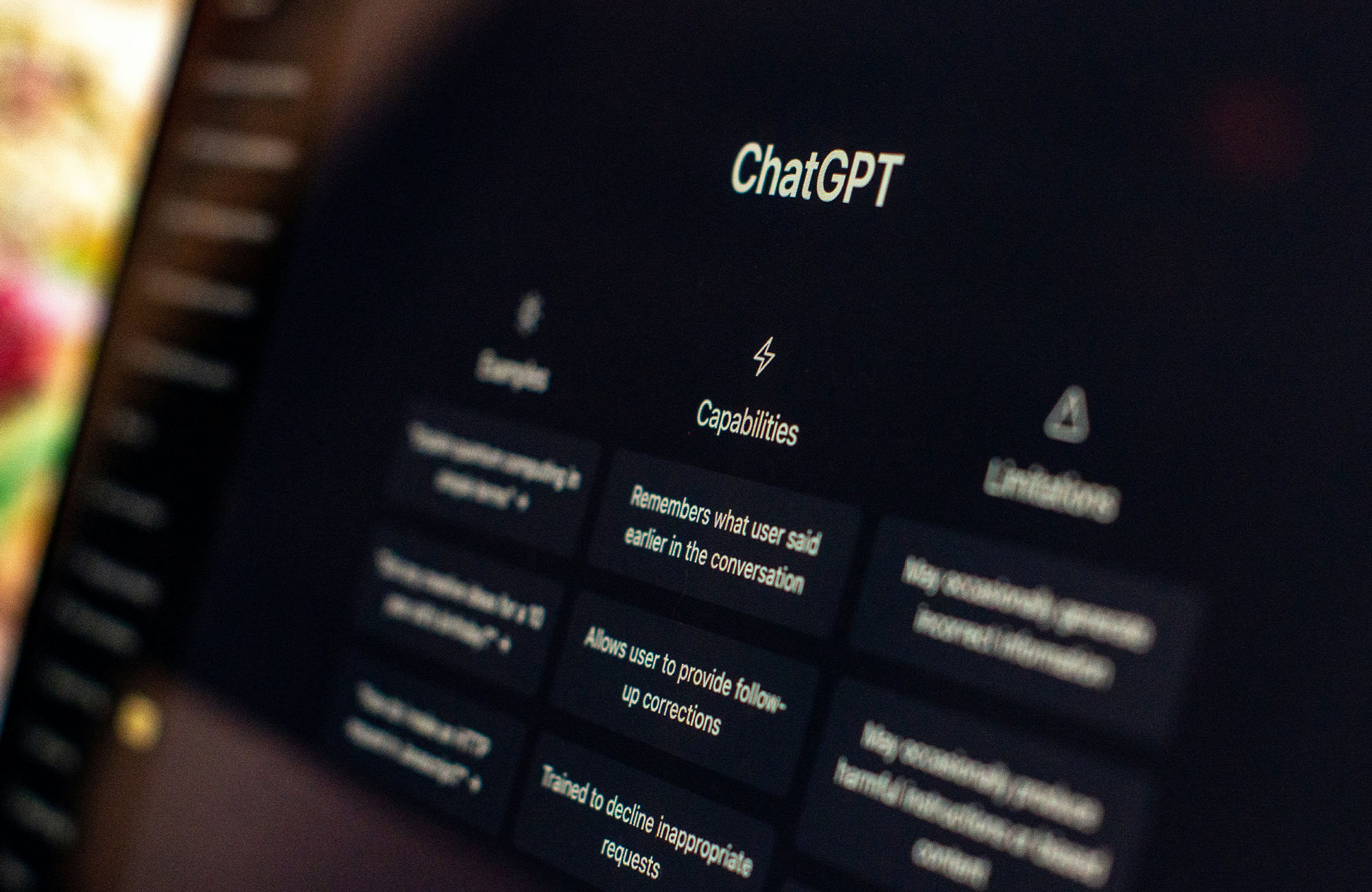
AI in Music: The Challenges Artists Need to Face in 2025
The New Era of AI and Music
Artificial Intelligence has become one of the most disruptive forces in the modern music industry.
From AI beat generators and vocal clones to automated mastering and songwriting tools, technology now touches nearly every stage of music creation.
For artists, this evolution is both exciting and intimidating.
AI can speed up workflow, spark new ideas, and help producers and rappers experiment like never before.
But it also raises serious questions — about originality, ownership, and what it truly means to create art.
Let’s look deeper into the main challenges artists are facing in 2025 — and how you can stay creative, authentic, and in control of your sound.
1. The Question of Authenticity
AI can now generate entire songs, write lyrics, or even mimic the voice of your favorite artist.
While this technology is impressive, it creates a real artistic dilemma:
if a song is generated by a machine, is it still self-expression?
For rappers and musicians, authenticity has always been the foundation of connection.
Listeners don’t just want sound — they want emotion, story, and truth.
That’s something AI can’t fully replicate, no matter how realistic its output becomes.
As an artist, your job isn’t to compete with AI — it’s to be human.
To bring experiences, vulnerability, and feeling into your music that an algorithm can’t understand.
2. The Ownership and Copyright Gray Zone
AI brings new legal and ethical chaos.
If an AI model uses millions of existing songs to learn how to generate beats or melodies, who owns the results?
If it accidentally reproduces part of a copyrighted work, who’s responsible — the user or the developer?
In 2025, the laws still lag behind the technology.
Streaming platforms and publishers are struggling to define what counts as “original.”
For independent artists, this creates risk: you could unknowingly upload an AI-inspired track that triggers copyright claims or takedowns.
That’s why it’s more important than ever to use legit, transparent production sources — real producers, real beats, and clear licenses that protect your work.
If you want peace of mind, make sure every instrumental you use comes with commercial rights and a proper license agreement.
Learn about Beat Licensing Explained →
Browse All Beats & Instrumentals →
3. The Flood of Generic Music
AI tools have made it easier than ever to generate thousands of beats, songs, and samples instantly.
That means platforms like YouTube, SoundCloud, and Spotify are now flooded with content — much of it generic, soulless, and algorithmically similar.
The result?
It’s harder for real artists to stand out.
But here’s the truth: quality still cuts through noise.
Emotion, storytelling, and authenticity will always rise above volume.
Instead of competing in quantity, focus on creating music that feels different — something that couldn’t come from a prompt.
Use AI if it inspires you — but never let it define you.
Let it be a tool, not your voice.
4. The Creative Trap: Convenience Over Craft
AI tools promise speed and simplicity:
“Generate a beat in seconds.”
“Write a full verse instantly.”
“Mix your song automatically.”
While convenient, this can lead to creative laziness.
When everything becomes instant, the art of developing skill — writing better lyrics, learning arrangement, building a unique sound — gets lost.
Music is powerful because it takes effort.
It’s the time you spend refining your flow, learning from mistakes, and experimenting with sound that shapes your artistic identity.
So yes — use AI if it helps you start faster.
But remember: the magic isn’t in the button you click. It’s in the feeling you chase.
If you want to practice real creative discipline, check out the free resource below:
Free Rap Songwriting Guide (PDF)
5. The Emotional Disconnect
Music has always been a language of emotion.
It’s how artists translate what they can’t say with words.
AI can simulate emotion, but it doesn’t feel it.
An AI doesn’t know heartbreak, ambition, or pain — it only knows data.
That’s why songs written by real artists will always hit harder.
The imperfections — the cracks in your voice, the roughness of your delivery, the emotion in your verses — those are what connect listeners to you.
It’s the same principle behind soulful, cinematic beats: they carry feeling, not formulas.
That human touch will never go out of style.
If you’re inspired by artists like J. Cole, Mac Miller, or NF, and want to build from that kind of emotion, check out these instrumentals:
J. Cole Type Beats →
Mac Miller Type Beats →
NF Type Beats →
6. AI and the Business of Music
Beyond creativity, AI is also reshaping how the business side works.
Labels, streaming platforms, and distributors are already using AI to predict hit potential, analyze trends, and recommend songs.
While this data-driven model helps identify what “works,” it also creates pressure for artists to follow formulas.
That can stifle experimentation — the very thing that pushes culture forward.
Artists who rely only on trends will always stay behind.
Those who build from emotion and originality create timeless work — the kind that no algorithm can predict or replace.
7. Finding the Balance
AI isn’t the enemy of creativity — it’s a mirror.
It shows us what’s possible technically, but it also reminds us of what machines can’t do.
The balance lies in using AI to enhance your workflow, not replace your creativity.
Use it to spark ideas, automate the boring parts, and free up more time for what matters — feeling.
The artists who win in this new era will be those who use technology without losing humanity.
Final Thoughts: Stay Human, Stay Original
The rise of AI has changed everything — how music is made, distributed, and even perceived.
But one thing remains timeless: people crave real emotion.
No matter how advanced AI becomes, it will never replace your voice, your story, or your feeling.
And that’s exactly why the future still belongs to artists who create with soul.
If you want to stay true to your sound and build music that connects:
Explore The Beat Pack (10 Beats for the Price of 1)
Browse Beats & Instrumentals


No Comments